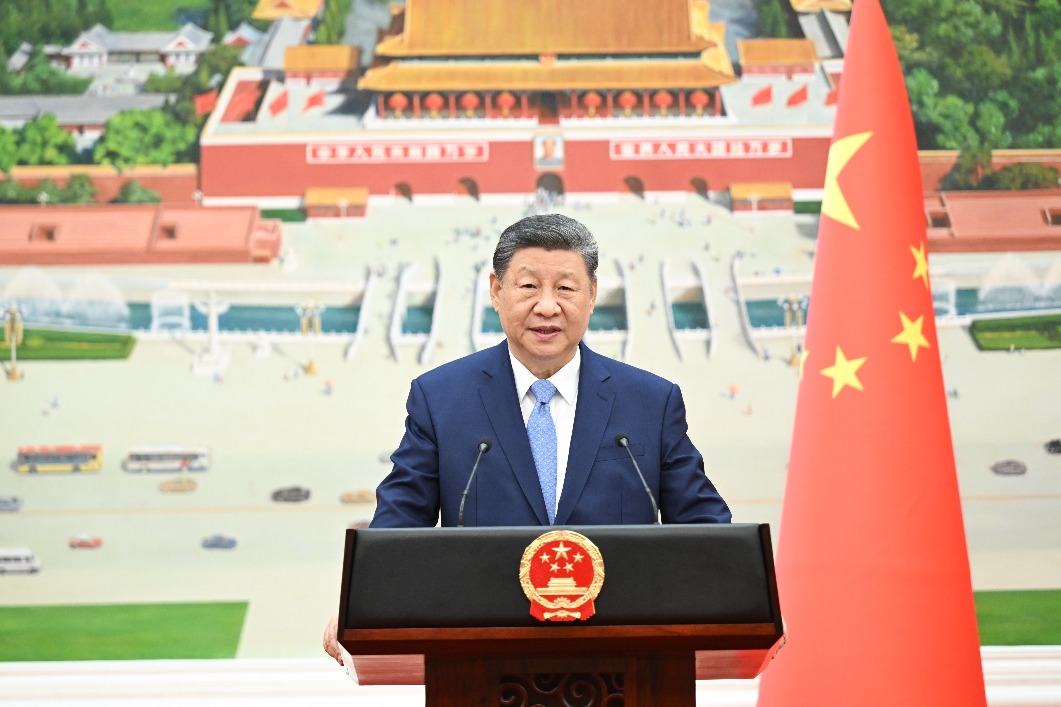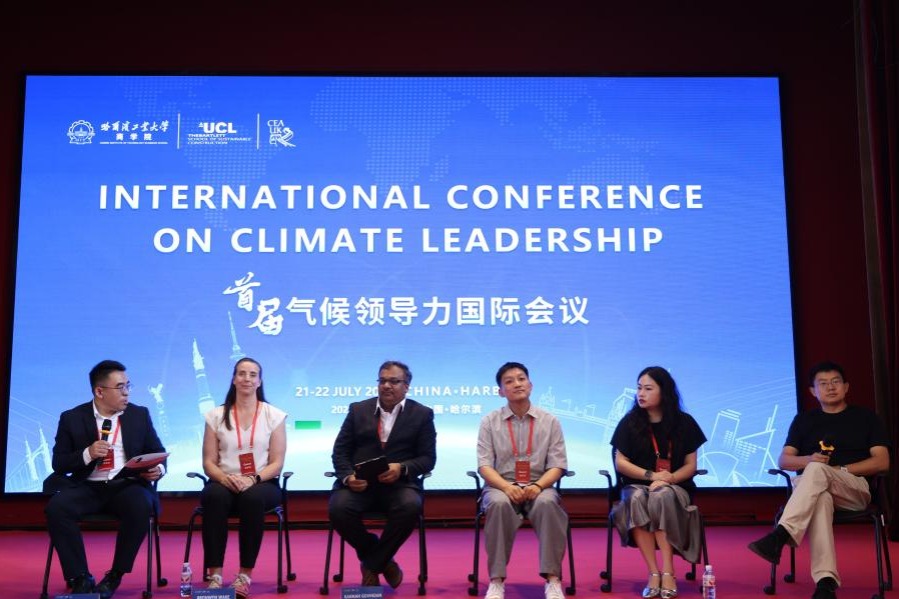US monopoly on antiviral drug decried

The move by the United States Health Department to buy up all the stock of the antiviral drug remdesivir from the biopharmaceutical company Gilead in California has left many wondering whether the US is willing to work with others in the global fight against COVID-19.
Clinical trials suggest the drug can speed recovery from coronavirus infection in those with severe COVID-19, although it is still unknown whether the treatment can increase survival rates.
The US Department of Health and Human Services confirmed on June 29 that it had bought more than 500,000 doses from Gilead, all of the company's production for July and 90 percent of that for August and September.
Critics say it undermines international efforts to fight the pandemic.
"It so clearly signals an unwillingness to cooperate with other countries and the chilling effect this has on international agreements about intellectual property rights," said Ohid Yaqub, science policy researcher at Sussex University in England.
Deborah Gleeson, senior lecturer in the School of Psychology and Public Health at La Trobe University in Melbourne, whose main research area is trade policy and access to pharmaceuticals, described the action as outrageous.
"The move throws the problems with the current model for funding development of pharmaceuticals into stark relief," she said.
"Under this model, patents are granted to incentivize investment in research and development. They provide a time-limited monopoly, when no one else can make or sell the product."
High price
While a drug is under patent, companies can set high prices, while keeping competitors out of the market, Gleeson said. "This presents obvious problems in a public health emergency, where rapid access to large supplies of affordable products is needed."
For developed countries, Gilead has priced remdesivir at $2,340 for a five-day course of treatment. This is for a drug that is likely to cost less than $1 a day to produce.
Gilead could make billions of dollars in profit during the pandemic, while preventing others from manufacturing the drug on the scale needed to meet global demand.
Gleeson said Gilead's actions show that pharmaceutical companies cannot be trusted to act ethically, and governments need to attach conditions to their funding for research and development to ensure that drugs and vaccines for COVID-19 are shared equitably.
Andrew McLachlan, dean of the Pharmacy School at the University of Sydney, said remdesivir can improve recovery times (but not significantly reduce the risk of death) in those in hospital with COVID-19.
"News that the US plans to secure almost all of the global supply of remdesivir is concerning but reflects the global nature of the medicines industry and the many factors that impact on timely and affordable access to essential medicines."
He said the pandemic has led to innovation and agility in health systems but also focused a spotlight on other unresolved tensions around equity of access to healthcare.
The World Health Organization sees equitable access to medicines is a human right, he said, but the challenges of national sovereignty, commercial interests and political posturing place pressure on the rights of communities worldwide.
The Australian National Medicines Policy supports a "responsible and viable" medicines industry and recognizes their essential role in bringing new medicines to market.
"Unfortunately this responsibility is not shared around the world, especially in many developed countries," McLachlan said.
Today's Top News
- China sees over 33.7 billion inter-regional trips in H1
- BRICS justifiably calls for IMF reforms
- Xi receives credentials of new ambassadors to China
- Sino-US trade talks key to global supply chain
- Medical insurance covers 95% citizens
- Great opportunities mark 50th anniversary






























